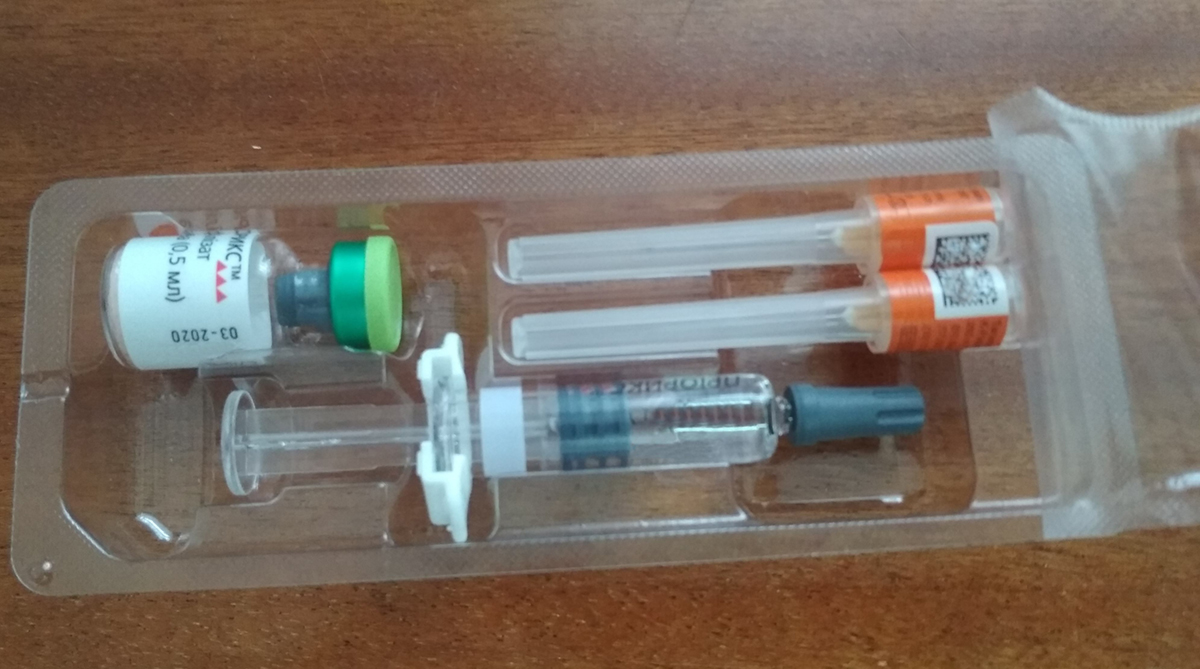
Rubella is a disease caused by rubella virus. It manifests as a rash and it can include the symptoms that look like flu (mild fever, swollen glands, headache). Because the rubella rash looks like many other viral rashes, diagnosing it requires laboratory tests. Those tests are usually virus cultures or a blood test that is looking for the presence of rubella antibodies. The presence of those antibodies indicates that the patient has rubella, has had rubella recently or has received a rubella vaccine.
Rubella is a mild and short-lived disease so no specific treatment is requires. However, in some cases isolation is recommended. Isolation aims to protect other people, especially pregnant women, because rubella in pregnancy may cause risks for the baby’s health.
If an unborn baby contracts rubella from the mother, there is a risk of congenital rubella syndrome, which implies complications after the birth, like prematurity, low birth weight, several diseases and birth defects. If a mother decides to continue the pregnancy, doctors may administer antibodies to protect the baby from the infection, but this protection is not 100 percent certain.
Immunization against rubella is done with the MMR vaccine against measles, mumps and rubella. It is recommended that children have this vaccine once between 12 and 15 months of age and again between 4 and 6 years of age. Before 12 months of age, babies are generally protected against the virus by the immunity passed on to them from the mother.
People who had both vaccines in their childhood, men and women born before 1957 and people who are immune to mumps, measles and rubella do not need the vaccine. Everyone else needs it, and especially people who work at hospitals, clinics and health care centers, people who travel abroad or take a cruise and non pregnant women who are in their childbearing age.
The vaccine is not recommended for pregnant women or women who intend to get pregnant in the following four weeks and people who had a severe allergic reaction to gelatin, neomycin or a previous MMR vaccine.
Persons who have cancer, blood disorders or a similar disease need to consult a doctor before taking the vaccine.
The MMR vaccine has little or no side effects, and if they occur they are usually mild. There might be a mild rash, a low grade fever or joint pain.
There has been some talk recently about the connection between the MMR vaccine and autism. However, most competent and important national medical institutes and organizations discarded the possibility that the MMR vaccine causes autism and the relation is believed to be result of the timing coincidence, since autism is usually diagnosed around the age when children receive the first vaccine.


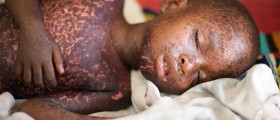
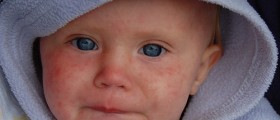


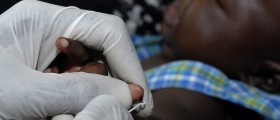
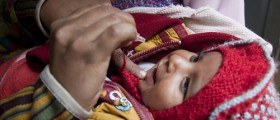

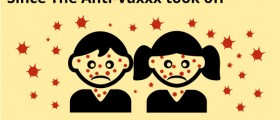
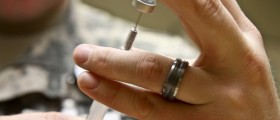


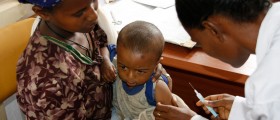
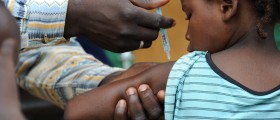
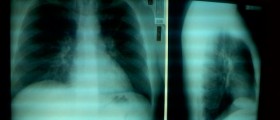

Your thoughts on this
Loading...